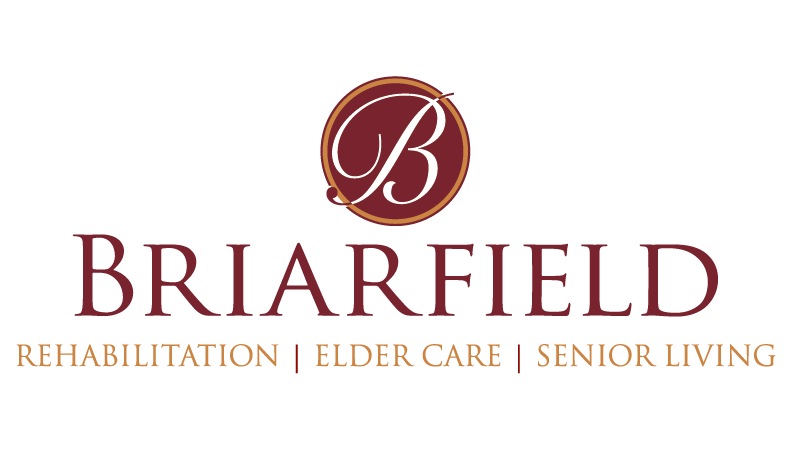FREQUENTLY ASKED QUESTIONS
FREQUENTLY
ASKED
QUESTIONS
My loved one needs care. Where do I start?
One phone number will connect you to help and resources at Briarfield. With your permission, one of our nurses will conduct an on-site visit to review your loved one’s clinical information at the hospital, or assess care needs at home if necessary. We can help guide you through the process of selecting from our wide variety of available services and locations.
What will Medicare pay for at Briarfield?
Most care at Briarfield is paid for either privately or through a Medical Assistance Program (Medicaid). If skilled nursing care is needed, Medicare may pay for some of a patient’s stay at Briarfield. There are specific requirements in terms of the care needed in order to meet this standard. There are also limits to the amount of time over which payment can be made. In addition, the patient must have a qualifying three-day hospital stay in order to be eligible for Medicare payment. A Briarfield social service worker can help you sort out these qualifications.
What is Briarfield’s policy on bringing a loved one home for holidays or other short visits?
First, you must have the approval of your loved one’s physician before this can be considered. Next, you should ensure that you and other relatives have the means to properly provide the care your loved one will need at home. And then, you’ll need to talk to your loved one’s nurse and social worker about our bed hold policy. This policy governs the number of days a resident may be away from Briarfield without losing his or her bed. Residents who receive Medical Assistance may spend up to 30 nights of approved leave away from Briarfield each year.
How does Briarfield determine the appropriate level of care for residents?
The first determining factor is the amount of medical care and nursing supervision the resident will require. The other major consideration is how well he or she can manage daily routine activities (e.g., bathing, use of the bathroom, dressing, eating, walking, etc.).
My mom is about to become a Briarfield resident. Are there legal documents I should consider having on her behalf?
It’s always best to make certain decisions in advance, while she still is competent to do so. Ask her attorney about drawing up Financial Power of Attorney and Advance Directives. A Living Will can also give everyone peace of mind. Advance funeral and burial arrangements can also be helpful.
What are Briarfield’s visiting hours?
Family members and friends may visit our residents at any reasonable hour, but should respect and understand that at times their loved ones may be undergoing treatment, therapy or other forms of care that should not be interfered with.
Do you offer respite care and short-term stays?
Yes, we offer respite care at our assisted living locations. Respite stays are suggested for seniors that may be recovering from a hospital visit, have a caregiver who is out of town for an extended period of time or simply want a trial period to determine if assisted living is right for them.
My father has insurance. Will that pay for his care at Briarfield?
Briarfield’s knowledgeable staff will review your father’s insurance and check the services that he is eligible to receive. Typically, if someone has had a hospital stay or an acute change in condition, he or she can be considered for skilled nursing or rehabilitation care. Most insurances other than Medicare require pre-authorization prior to admission. A Briarfield case manager will handle the prior authorization and will follow up with the insurance company as needed. Usually, the insurance companies require weekly updates, and the resident has to show improvement in order for his care to be continued. Insurances, except for long-term care policies, do not pay for routine, custodial care.
If dementia is not a factor, you should bring your loved one’s situation to the attention of Briarfield’s social services personnel. They can work with both residents and their families to facilitate adjustment to life at Briarfield, and deal with the specific issues that may be present.
As always, frequent visits help smooth the transition, and having photographs and other personal belongings close at hand can also help reassure a new resident.
If a Skilled Nursing resident needs hospital care, how long will his or her bed be held?
Medicare does not pay for a bed hold when a patient is admitted to the hospital. The patient or responsible party has the option to pay privately to hold a bed. If a patient has Medicaid, then his/her bed will be held for up to 30 days in a calendar year.
Connect with us to ask questions or schedule a visit:
LOCATIONS
CONTACT US
